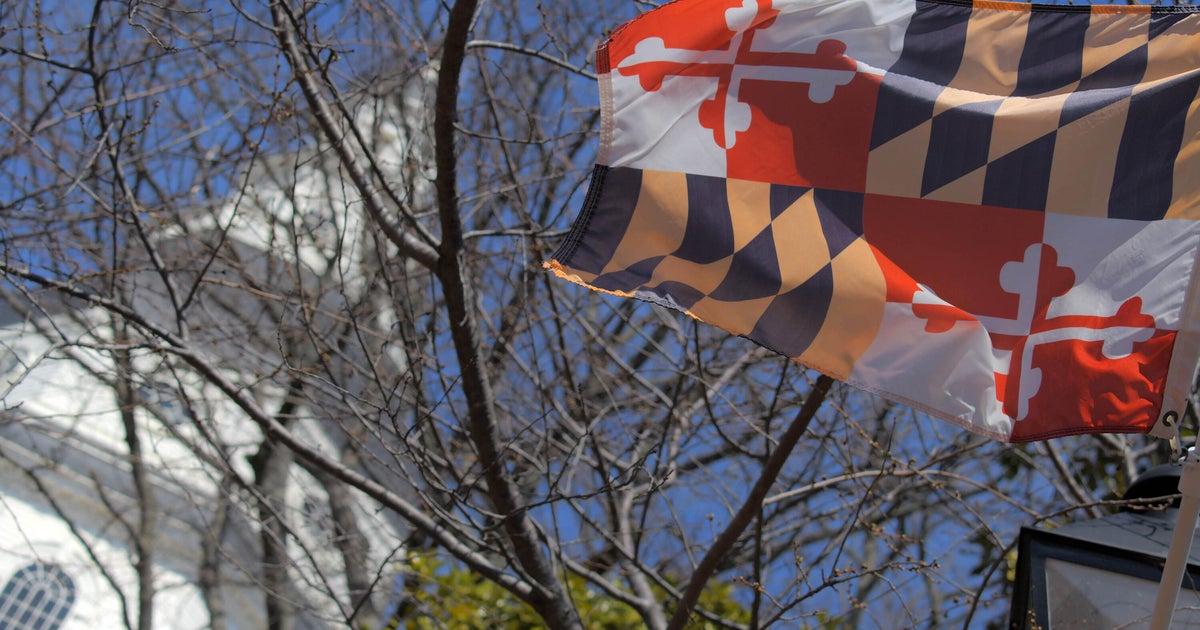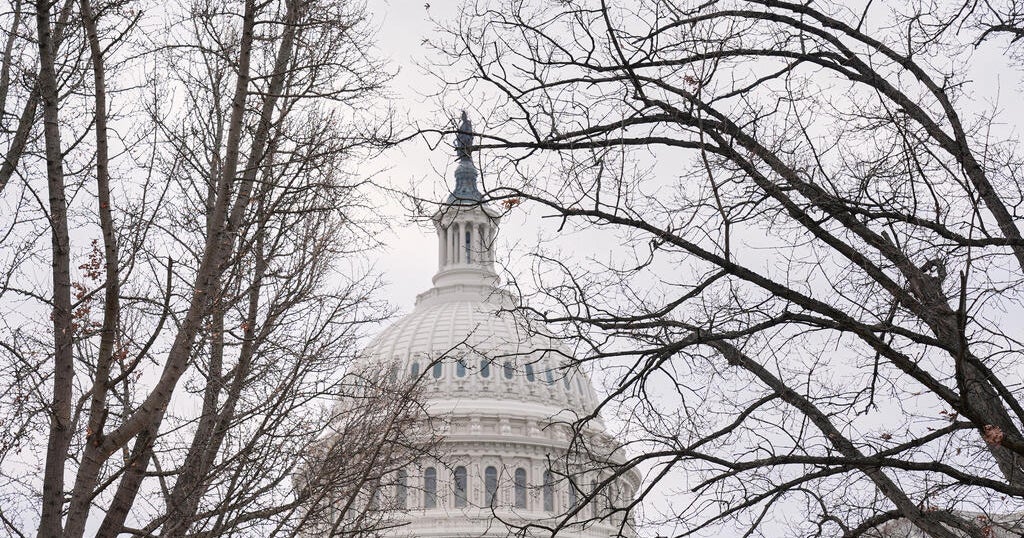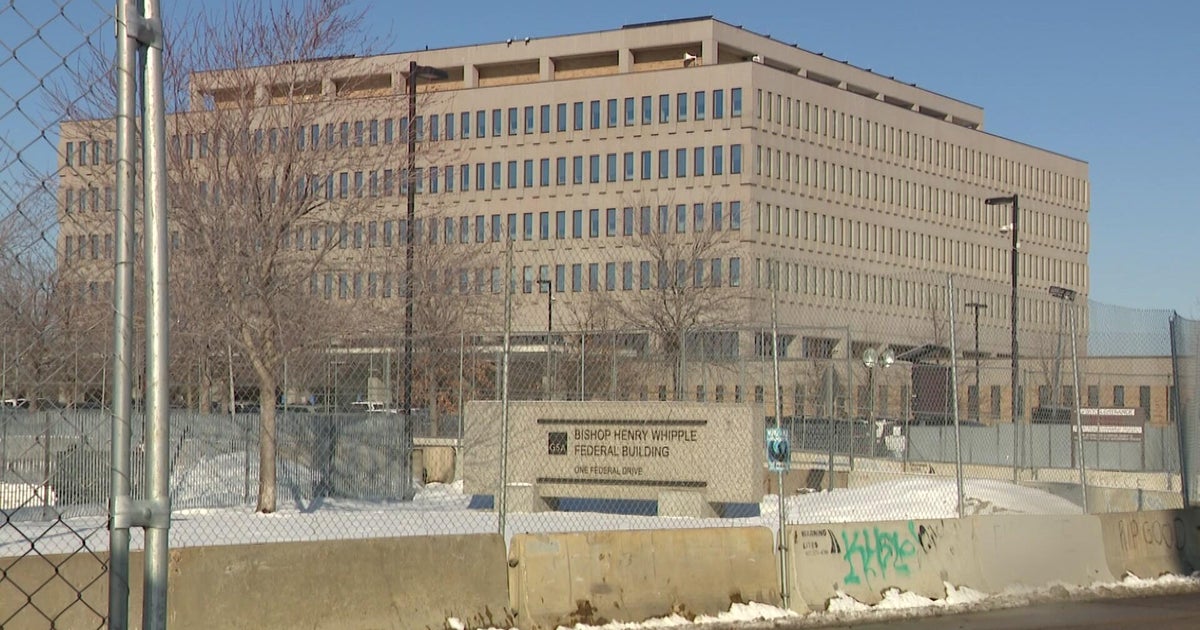North Texans React To President Trump Wanting To Drop Birthright Citizenship
DALLAS (CBSDFW.COM) - With one week left until the midterm elections, President Donald Trump has the immigration debate front and center-- telling "Axios on HBO" during an interview he would like to use executive action to end the birthright citizenship afforded to children of illegal immigrants.
It is a right guaranteed by the 14th Amendment to the Constitution and critics are already crying foul.
"It's another lie," says Dallas attorney Domingo Garcia, national President of LULAC, the League of United Latin American Citizens. "Like we're going to build a wall and Mexico is going to pay for it. It was a lie then, it's a lie now."
As an attorney, Garcia says he understands that Mr. Trump's comments are more rhetoric than real threat. Still, he says the hard line approach on immigration leads to a climate of fear in the Hispanic community and contributes to a more divided nation.
"Again, this is something that is being done, in my opinion, strictly for political purposes," adds Garcia. "He's using Latinos and immigrants as a political piñata, hitting it once and again to try and get votes from the far right wing and the hate mongers in America."
Still, politics aside, what does the law say about the limits of a President's executive pen?
"It doesn't matter how popular the provision is, it doesn't matter how popular the action of the president is, it can't change the Constitution," says Dale Carpenter, a Constitutional Law Professor at SMU. According to Carpenter, the framers of the Constitution deliberately made it difficult to change, requiring a so-called "super majority," a 2/3s vote in both the House and Senate, along with ratification from 38 of the 50 states.
"The founders wanted to make it hard because they believed there were certain basic principles that our country ought to stand by, certain basic liberties that ought to be protected and they ought not to be subject to the whims of a particular majority at a particular time... they wanted these trusts to be lasting, if not eternal."
Professor Carpenter says the 14th Amendment was enacted following the Civil War as a testament to the extremely high cost of division.
"The 14th Amendment was born in a moment when we decided as a nation to protect people who were vulnerable, who were despised, who were outcast and to bring them in to the life of the country," says Carpenter. "And it would be a really terrible thing for us now to take an action to push people away, to make them outcasts, again, that would be a betrayal of our values."







